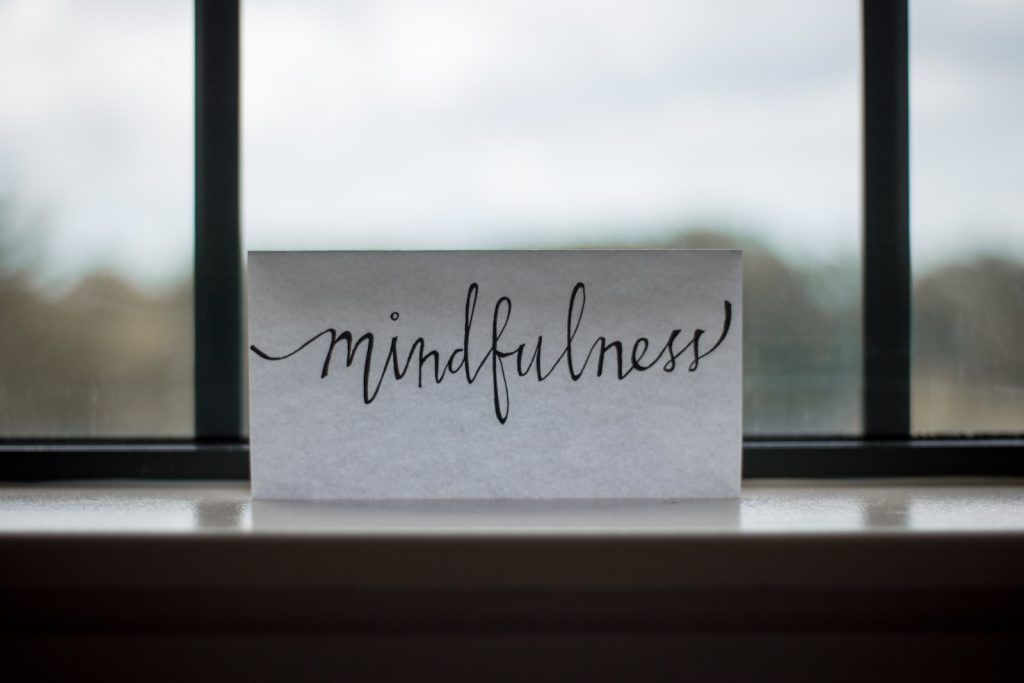Mindfulness is a form of meditation that helps us to cultivate awareness of our thoughts and feelings, enabling us to step back and observe our inner experience without judgment. This mindful approach has been clinically proven to be a powerful tool for stress-reduction and relaxation. Here are 15 ways in which you can start using mindfulness to reduce stress and enhance relaxation.
1. Take mindful breaths. Mindful breaths are a powerful way to focus on the present moment and to reduce stress. Take slow, deep breaths that fill your lungs completely. Focus on how you can feel your chest and stomach rise and fall with each inhalation and exhalation.
2. Practice counting. Counting can be a great way to keep your mind focused on the present moment and away from stress-oriented thoughts.
3. Make space for gratitude. Stress and worries can keep us from feeling and expressing gratitude for what we have. Take time each day to be mindful of all the good things in your life.
4. Connect with nature. Mindfulness can take on many forms, and one of them is nature-based. Connecting with nature can be a powerful way to clear your mind and build a sense of relaxation and renewal.
5. Exercise mindfully. Exercise is known to be a powerful tool for stress reduction and can be used in a mindful way. Pay attention to your body as you move and focus on how the exercise feels in the moment.
6. Listen to calming music. When stressed, we tend to focus on the fearful thoughts in our head. Listening to calming music can help to distract your mind and focus your attention on something peaceful.
7. Practice visualization. Visualization techniques allow us to imagine a peaceful and stress-free scene in our minds. Invite this imagery into your mindful practice and take time to simply observe the images and soak in their calming effects.
8. Do yoga mindfully. Yoga can be a great way to deepen your mindful practices. Move slowly and practice with awareness, paying attention to how each pose feels.
9. Connect with other people. When we are feeling stressed, it can be difficult to connect with others. Try to take time to connect with friends and family to remind yourself that you are not alone in your stressful moments.
10. Create a mindfulness practice. Creating a mindful practice that you commit to each day can be helpful for stress reduction and relaxation. Take time each day to pause and check in with your internal experience.
11. Journal your thoughts. Writing down our thoughts and feelings can be extremely helpful in managing stress. Journaling can help us to step back and observe our emotions, enabling us to gain insight into our thoughts and feelings.
12. Get enough sleep. When we are stressed, it can be difficult to get a good night’s sleep. Doing your best to create a calming nighttime routine can help to promote relaxation and improve sleep patterns.
13. Consciously relax your body. Slowing down your movements and intentionally placing yourself in a relaxed state can help to greatly reduce stress. Start with your head and work your way down to your toes, becoming aware of each muscle group as you go.
14. Redirect your focus. When feeling stressed, we need to be mindful of what our minds are focusing on. Redirect your attention to something more uplifting such as a positive saying or mantra.
15. Laugh. Studies have proven the positive effects that laughter can have on stress levels. Remember to take time to laugh and be silly, even when feeling stressed.
Final Thoughts
Mindfulness is a powerful tool for stress-reduction and relaxation. It can help us to stay at peace with ourselves, even during times of stress. Use the techniques outlined above to start building a mindful practice and to experience the calming effects that it can bring.
Frequently Asked Questions
Q: What is mindfulness?
A: Mindfulness is a form of meditation that helps us to cultivate awareness of our thoughts and feelings, enabling us to step back and observe our inner experience without judgment.
Q: What are the benefits of mindfulness?
A: Regular mindfulness practice has been clinically proven to reduce stress and anxiety, increase focus, and enhance emotional well-being.
Q: How can I practice mindful breathing?
A: Mindful breaths are a powerful way to focus on the present moment and to reduce stress. Take slow, deep breaths that fill your lungs completely. Focus on how you can feel your chest and stomach rise and fall with each inhalation and exhalation.
Q: How often should I practice mindfulness?
A: It is recommended to practice mindfulness at least 10-15 minutes per day. This can be broken down into smaller moments of mindful practice throughout the day if desired.
Q: How can I reduce stress through mindfulness?
A: Mindful practices such as mindful breathing, visualization, exercising mindfully, and connecting with nature can all be excellent tools for reducing stress.
Q: How can I stay focused while practicing mindfulness?
A: Practicing counting and creating mantras can be helpful for keeping your mind focused on the present moment.
Q: Can I use laughter as a mindful practice?
A: Yes, studies have proven the positive effects that laughter can have on stress levels. Taking time to laugh and be silly can be a great way to practice mindfulness and relieve stress.
Q: What should I do before starting a mindfulness practice?
A: It is important to find a comfortable and quiet space to practice mindfulness to get the most out of your practice. Setting clear intentions for your practice can also be helpful.
Q: Can I practice mindful movements?
A: Yes, mindful movements such as conscious stretching and yoga can be a great way to deepen your mindfulness practice.
Q: Can I practice mindfulness with others?
A: Yes, practicing mindfulness with others can be a great way to connect and foster mutual understanding and relaxation.

